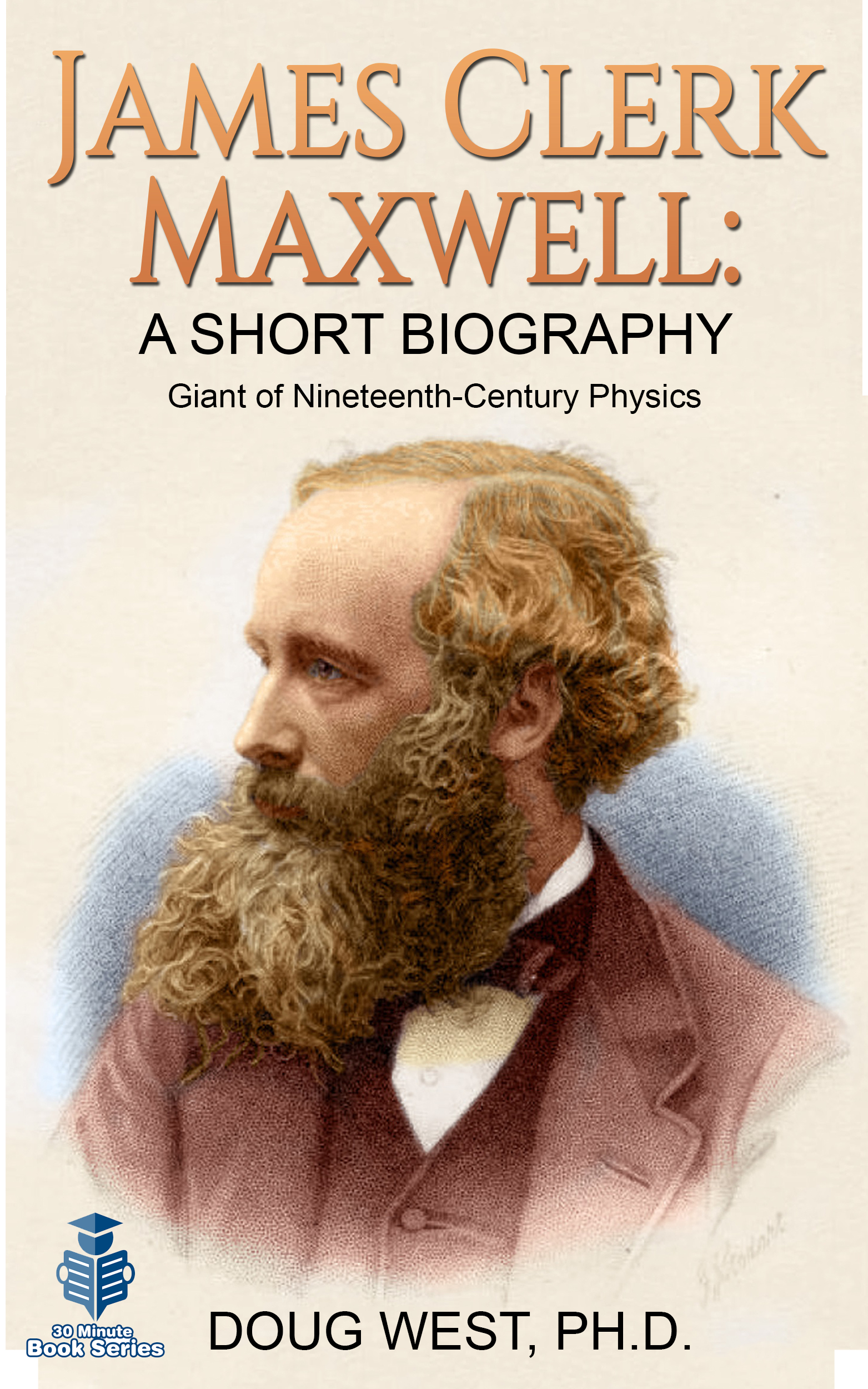
James Clerk Maxwell: A Short Biography Giant of Nineteenth-Century Physics
By: Doug West
Whether you are talking on your cell phone, watching your favorite television program, surfing the web, or using your GPS to guide you on a trip, these are all modern conveniences that were made possible by the foundational work of the nineteenth-century Scottish physicist James Clerk Maxwell. Though Maxwell didn’t discover electricity and magnetism, he did put in place a mathematical formulation of electricity and magnetism that built upon the earlier work of Benjamin Franklin, André-Marie Ampère, Michael Faraday, and others.
The genius of Maxwell’s work was not limited to his study of electricity and magnetism. He made breakthrough contributions to geometric optics, color photography, photo-elasticity, the theory of Saturn’s rings, thermodynamics, and more. Maxwell was a man of wide cultural and philosophical interests with a strong Christian faith. He is regarded by most current physicists as the scientist of the nineteenth-century who had the greatest influence on twentieth-century physics. He is ranked with Sir Isaac Newton and Albert Einstein for the fundamental importance of his contributions. His influence across many areas of physical science has been enormous, with much of his work so far ahead of his time it would take years to confirm.
Read about this great scientist who shook up the world of physics by purchasing the book “James Clerk Maxwell: A Short Biography.”
